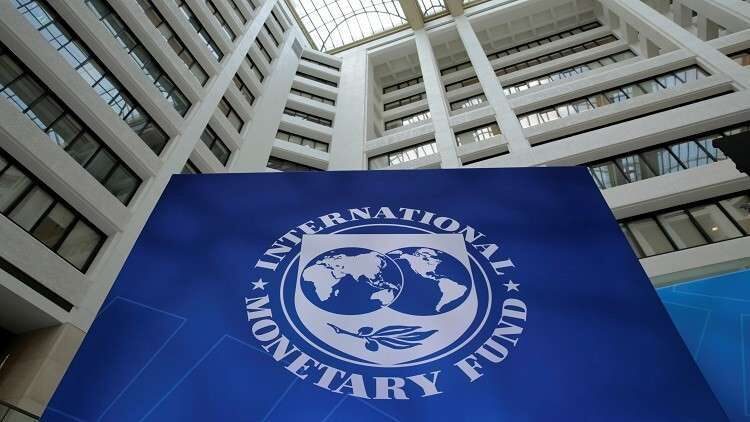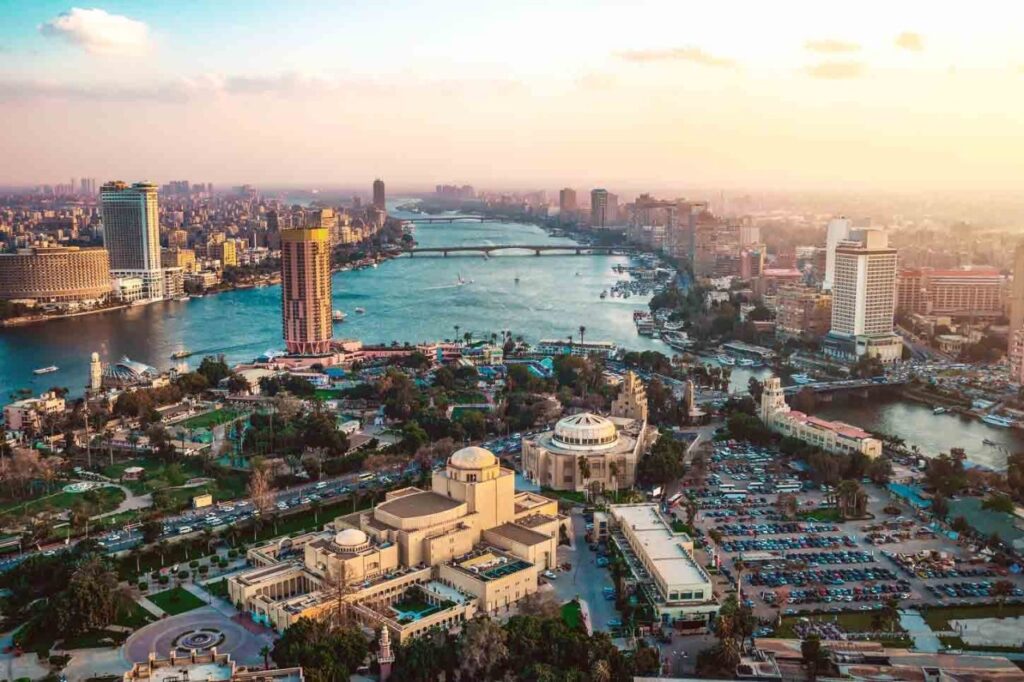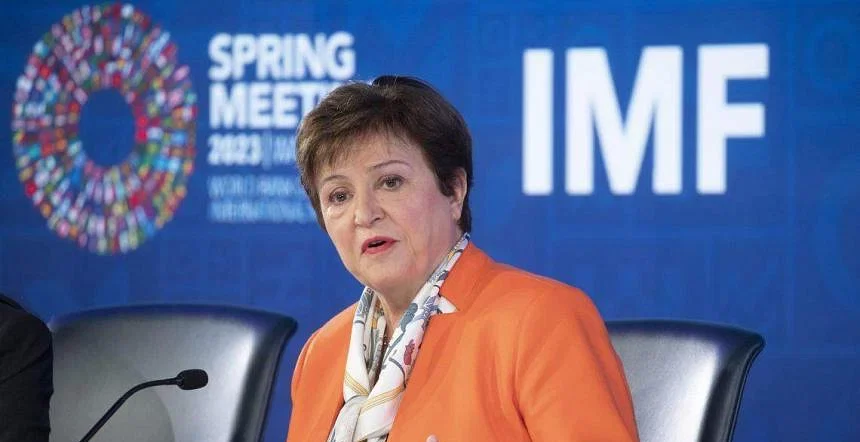The International Monetary Fund (IMF) is set to conclude its second review of Egypt’s Extended Fund Facility (EFF) loan program this week. However, uncertainties surround its successful completion, reminiscent of the situation during the first review, which was not finalized as initially scheduled.
Egypt’s economic stability relies heavily on the outcome of this assessment, as the EFF loan program plays a pivotal role in addressing the nation’s economic difficulties and bolstering its financial resilience.
According to the program’s original timeline, the IMF was expected to finalize the first review of the program by March 15. However, this review did not occur because Egypt did not meet the program’s requirements. Subsequently, the review was rescheduled for the end of June, but it wasn’t conducted due to the same reasons.
According to a recent report by the US-based investment bank, Morgan Stanley, the IMF is expected to conduct its first and second reviews of the Egyptian economy for the $3 billion four-year loan program between September and December 2023.
The most likely scenario for the program is that the IMF will revise the timing of both reviews to take place at different dates than originally announced. During the Spring Meetings held in Washington DC in April, the IMF declared that the program’s maturity would remain unchanged and would not be extended.
In December 2022, the IMF approved a four-year program for Egypt, allowing the country to receive a total of $3 billion through eight tranches, with two reviews scheduled every fiscal year until FY2025/2026.
Egypt received the first tranche, worth $347 million, upon the Fund’s program approval. However, certain key commitments essential for the review process have not been fulfilled, causing delays. These commitments include implementing free regimes for interest rates and foreign exchange rates, enhancing the role of the private sector in the economy, and making substantial progress in the country’s IPO and privatization program.
Since March, Egypt has implemented or planned several measures to meet its program commitments, primarily focusing on the IPO program, monetary policy, and the private sector. Egypt devised a plan to increase its US dollar reserves to $191 billion by 2026. This plan aims to address the US dollar shortage caused by European geopolitical tensions, which led to the outflow of over $20 billion in hot money from the local market. The plan involves generating funds from various sources, including Suez Canal revenues, tourism, ICT sector outsourcing services, exports, expatriate remittances, and foreign direct investments. Additionally, the plan seeks to stabilize the US dollar exchange rate in the local market, where the official rate is around EGP 31/1 USD, while the parallel market rate exceeds EGP 41/1 USD.
Egypt has devalued its local currency against the US dollar three times since March 2022. Although the Egyptian president previously stated that there would be no further devaluations, the market anticipates potential currency depreciation, especially as the Central Bank of Egypt tightens its monetary policy.
Furthermore, in September, the government announced its intention to raise $5 billion from its IPO program, which is scheduled to run from October 2023 to the end of FY2023/2024 (ending in June 2024). Several company stakes have already been sold as part of the program.
This multifaceted approach aims to address Egypt’s economic challenges and fulfill its commitments under the IMF program.







